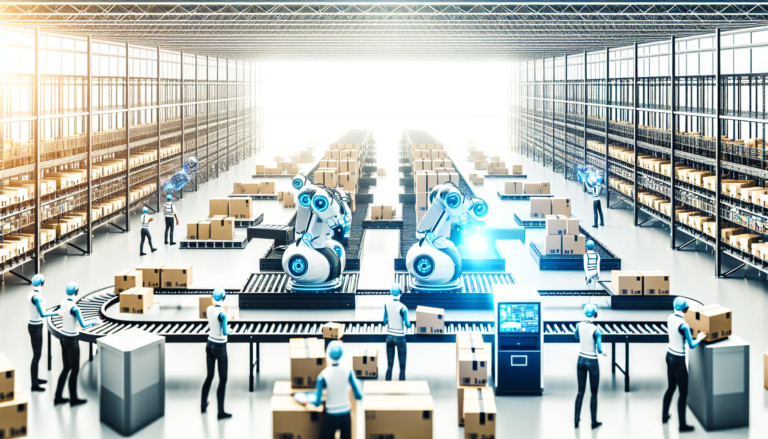The Future of E-Commerce: Streamlining Operations with Modern ERP Systems
Competition in the e-commerce landscape has never been fiercer. To stay ahead, companies must constantly update their procedures and strategies. Central to success is an efficient back-end operation that ties together different facets of the business – a role a modern ERP system effectively fills. This blog post will explore how modern ERP systems, such as Kentro.io, can help e-commerce businesses streamline their operations and keep up with the demanding marketplace.
Multichannel Order Management
Modern customers shop from various channels, and e-commerce businesses must keep up by integrating these channels into a seamless system. A modern ERP system allows for multichannel order management, enabling businesses to meet their customers where they are.
Kentro.io, for instance, offers multichannel order management, making it easier for businesses to track orders regardless of the platform the customer used to make a purchase. Customers are given the flexibility to switch between channels without affecting the business’s ability to fulfill orders swiftly and accurately.
Real-time Inventory Tracking
The speed of the e-commerce industry necessitates real-time inventory tracking. A modern ERP system can provide real-time inventory updates across all channels, preventing overselling and missed sales opportunities. Through Kentro.io, businesses can access real-time inventory management, reducing errors, lowering costs, and improving customer service.
Supply Chain and Warehouse Management
Managing the supply chain and warehouse operations are key aspects of an e-commerce business. An ERP system helps automate supply chain and warehouse management processes, reducing manual errors and enhancing efficiency. Kentro.io, in particular, offers supply chain automation and warehouse management features. These features help businesses to streamline their operations, reducing wasteful spending and improving customer satisfaction.
E-Commerce Forecasting and Demand Planning
Modern ERP systems like Kentro.io provide forecasting and demand planning tools. These tools are critical in assisting businesses in predicting future sales trends, achieving just-in-time inventory, reducing holding costs, and mitigating stockouts and overstock situations. Businesses armed with such data can strategize and make better decisions that ultimately lead to increased profitability.
Accounting Automation
The importance of accurate bookkeeping cannot be overstated. By integrating accounting functions, an ERP system can automate accounting tasks, reduce manual entry, and improve accuracy. The accounting automation feature in Kentro.io, for example, simplifies accounting processes by automating invoice creation, expense tracking, and financial reporting.
Built-In B2B Online Stores
Creating a B2B online store can greatly expand a business’s reach by serving wholesale clients more effectively. An ERP system with a built-in B2B online store, like Kentro.io, simplifies this process, allowing businesses to manage wholesale orders and self-checkouts from the same system, leading to a more coordinated and streamlined operation.
Conclusion
In today’s fast-paced e-commerce landscape, an ERP system like Kentro.io is no longer a nice-to-have but a need-to-have. By offering features such as multi-channel order management, real-time inventory tracking, supply chain and warehouse management, forecasting and demand planning, accounting automation, and a built-in B2B online store, Kentro.io can help businesses streamline their operations, stay competitive, and ultimately, boost their profitability.


